|
A few years back I worked with a client, let’s call him Eric, who was the COO of a medium-sized, established company. I was inspired by my work with him, to write this article about how our thinking / mindset / perspective can trip us up.
Everybody has set ways of thinking about things. This is true for your private life as well as in your working environment. Where your perspective comes from and what it is based on comes usually from past experiences. By past, I mean it can come from way back, or even recent bad experiences with the last boss or partner or life in general. What matters now, in the present moment, is the awareness that these experiences exist, might be driving your behaviour and give you your perspective on things. This can form beliefs, biases, judgements and any, negative thoughts. If you are ready to start changing the results you are getting then these tips can help you challenge your thoughts. After all, Einstein says: “Insanity is doing the same thing over and over again expecting different results.”
0 Comments
Someone makes a choice you simply do not understand. The consequences may or may not touch your life, involve you, affect you and so on. One way or another you cannot see what they are basing their decision on. This is the part that makes accepting their choice so difficult. I am going to break this down into two parts.
Part One: Understanding Take the view that:
When faced with a difficult decision it is important to know that you always have choices. It is hard to realize there is more than one solution to any given problem. One important life skill to learn is how to find those choices when faced with a difficult decision. With this skill, life becomes easier to keep in balance. More balance means less stress.
Think of a situation you are facing and see if any of the comments below can be applied: Constant Interruptions, Disturbances, Noise - How They Can Rob You of Your Focus (and Motivation)21/9/2023 They are building all around me this week – even with a jackhammer just below me. It is unbearably noisy. This noise is robbing me of my focus and, consequently, my motivation.
Currently, I am writing this while sitting in a quiet restaurant near my apartment and right by the lake . Hotel lobbies seem to stimulate creative thoughts. Nothing against the builders or the need to repair / renovate something in the building. That is life. We need to do maintenance on buildings just as we need constant maintenance in the form of self-care. But the level of disruption has made me appreciate how much noise makes it difficult for me to focus and concentrate. I had intended to do my morning brain training before I started work today but found that the drills and the jackhammer were too disrupting. So disrupting, in fact, that I left the house and retreated to this lakeside location. No matter how much I encouraged myself to, I just could not handle it. In the Oxford Dictionary, the definition of a “control freak” is “a person who feels an obsessive need to exercise control over themselves and others and to take command of any situation.” The Merriam Webster dictionary says that a control freak is “a person whose behaviour indicates a powerful need to control people or circumstances in everyday matters.”
This personality trait could stem from a chaotic childhood, alcoholic parents, abusive behaviour, or early abandonment. Such experiences can make it hard for people to trust or relinquish control to others. The fear of falling apart pushes them to control what they can. As their emotions are all over the place, they feel loss of control. For this reason control freaks will micromanage whatever they can with the belief that this makes them strong. People who feel out of control tend to become controllers. I imagine each and every one of us is a control freak, or takes on the behaviour of such, at some point or another. The fear of failure is what makes it so important to control everything when you do not trust anybody else to do a good job. One difficult aspect of being around a control freak is accepting that they do not understand how their behaviour and choice of words affect the people around them. Another difficult aspect is not to take it personally. This behaviour comes from deep inside and the person is actually quite unaware of being a control freak. Even the most enlightened of us can’t always stop ourselves from worrying about the future and asking ourselves “what if?” Underneath our connection to our Higher Self that we work so hard for, lurks the fear of future problems just waiting for an opening to ask us “what if?”
You know how it is…trouble is brewing at your job, layoffs could be coming. What if you lost your job? There have been a rash of pedestrian traffic accidents lately. What if your child is hit by a car? Your mother’s routine check-up turns into several follow-up appointments. What if she is sick? And on and on. Before we know it, our Chatterboxes have taken over. We are filled with fears about the future and the “what if” questions drag us down to our Lower Self. Many of us “what if” ourselves into a perpetual state of worry. “What if” questions come from our Lower Self, our inner chatterbox that wants us to live in perpetual fear. Susan wrote in Feel the Fear and Do It Anyway, “When the ‘what ifs’ are out in full force, the internal Chatterbox is at it again. You look at the unknown and try to predict the future; you try to take control of outside forces. Both are impossible. At this point you might notice you are driving yourself crazy.” “Challenges in life either do or do not have solutions. If there is a solution somewhere, then there is no need to be overwhelmed by the challenge. If there genuinely is no solution, then there is no point being overwhelmed by it." Unknown If you genuinely believe there is a solution to every problem, there is a greater likelihood that you will find the solution. Personally, I believe the approach “where there is a will, there is a way.” I do not always find the way as soon as I would hope – which is sometimes due to a lack of motivation. I then remind myself that I know that nothing stays the same, and therefore I have nothing to fear. Things will change even if I do nothing.
The first and most important step is to realize and truly acknowledge that unless you take care of yourself nobody else can or will. When I say, “truly acknowledge”, I mean that you have accepted the following:
These are a few examples, expressed in simple terms: You have taken charge of your life, know your Values and maintain your Personal Power. You can live your life … it does not have to be living you! To reach your potential as well as feel content in the course of your life, having Life Skills is essential. They are the “software” you have the option to acquire along the way. You are born with the “hardware”: your body. Your behaviour comes under the heading “software” because this can be changed, improved, modified, extended or even deleted if necessary. Many of these Life Skills are received in the home and at school while growing up, others you learn later in your development, taught by “the school of life”, friends, colleagues, courses, books, teachers, trainers, and coaches. You can also teach yourself with patience and practice based on all of the above, plus past experiences, both positive and negative ones. What makes one person successful while others keep struggling? Everybody goes through difficult phases, has obstacles to overcome and disappointments to heal. This cannot be avoided. How you cope with all of these is the key to making your life a success. Life Skills offer support with how you handle your life. They can be defined as a group of cognitive and personal abilities that enhance your capability to lead a life in which you reach your potential. Every person has strengths and weaknesses; getting to know them is important in the process of finding out “who” you are and therefore “what” you want. Not everybody has the same dream. You should not judge others but find your way forward based on your own values. The success of some people is not a matter of luck; they will have learned how to manage their life, and they will have acquired the life skills - the “software”. Understanding that life is about change, which is inevitable, is one of the first steps on this ladder to the top! Your personal worth will benefit knowing you have the necessary skills in life to face everything that comes your way with confidence. by Suzie Doscher, Executive Coach focusing on Self-Development, Self-help Author since 2014. Photocredit: Cottonbro / Pexels Excerpt from the 1st Edition of BALANCE - a Practical Handbook for Life's Difficult Moments. Contact one of our coaches for a free introductory session.If you recognize the warning signs of impending burnout in yourself; remember that it will only get worse if you leave it alone. But if you take steps to get your life back into balance, you can prevent burnout from becoming a full-blown breakdown.
Read on for some tips: Worried About Achieving Your Goals? Take Charge of the Stress in the Moment to Stay on Track5/1/2023 You have a goal, but are worried you will not achieve it. So many issues are popping up that need dealing with, obstacles and other unexpected ‘stuff’ keeps interfering with your daily plan and / or overall daily structure. Stress kicks in, which means focusing is harder and so less is achieved… sound familiar?
All of these thoughts and mind chatter do not have to result in your getting off track or losing sight of your goal. The trick is to take charge of your thinking and push the ‘reset’ button. By this I mean, ‘reset’ the moment, not the direction you are heading or the goal you intend to achieve. Resetting the moment means handling whatever is causing you stress. Stress is an emotional issue and will not vanish with the flick of a switch in your brain. Unless, of course, you already.... I am a big believer that moving forward means improving the existing quality of your life. Of course reaching goals and increasing your performance it important. How you feel while you are doing this is what I believe makes up for quality of life.
You can be reaching goals and increasing your performance by pushing through, being competitive while running on an empty battery. At some point your body and emotional self will not be able to keep up. To increase your quality of life I suggest doing things differently or adding something entirely new to your routine. Maybe this is changing your location or job, or even friends, these are big changes. How about starting with getting rid of some behaviour patterns that no longer serve you? Replace them with behaviour patterns that do serve you. I love personal growth & development. My personal as well as professional experience can vouch for that each step taken, even small steps, results in change. Imagine climbing up a ladder. With each step your view changes and brings a new perspective. Make the kind of changes that stick! Life changes all the time, sometimes daily. During your lifetime you never stop growing, developing and learning, which of course means changing. If you resist this, you run the risk of staying stuck. Here is how you start: Staying calm and grounded requires certain behaviors that feed being calm and grounded. Each person will have his/her own requirements to feel calm and grounded. The actions you need to take are unique to you and will most likely differ from those others need to take. Just as each person has his/her own interpretation of success, each person has an individual feeling calmness and being grounded. Listen to yourself to know what is best for you. Based on my own personal experience, this also changes depending on age: When I was 30, my focus was very different to 40.
You will know what is right for you. Follow your heart and remember that you cannot take anything with you. No matter what you achieve and how much you earn, how you feel along the way is just as important. By Suzie Doscher, Executive Coach focusing on Personal Development, Self-help author since 2014. Photo credit: Pexels Whatever your age and goals, if you would like support, contact Suzie or one of our other coaches for a free introductory session.Often plans, goals and wishes can be overwhelming. Overwhelming in that they might be fabulous thoughts and ideas however in reality you are not there yet and not even sure how to get there! Feeling overwhelmed due to lack of time, outside pressures, demands, lack of clarity and a lack of energy can easily happen. A good approach is to first consider what the reality is in the moment, now/today and only then explore the 'what ifs' - potential outcomes and consequences of the plan or goal. Taking the time to connect with the present i.e. ‘what is’ will allow you to ground yourself. With this you can approach the feeling of overwhelm with both feet on the ground. Removing the emotions and overwhelm, allows you to think more clearly. This has been proven by neuroscience. When emotions have been triggered, the first thing to go is your cognitive ability. This means you are emotional and not thinking clearly – emotional not rational. To explore all the consequences of ‘what if’ is easier with a clear rational mind. Exploring all the possible ‘what ifs’ is necessary to break the goal, wish or desire down into small actionable steps. Furthermore, if a change of your mindset/perspective is necessary, this shift could might occur during the process of the 'what is' exploration. One way or another, you will gain some clarity by taking the time to do this. Sometimes this is easier said than done. The best approach is to simply start! Plan some time. Even ten minutes will do. If you do not start, you will remain overwhelmed. Once you have taken one step--even a small one--you will feel a difference. One small step at a time will get you to the top of the ladder. by Suzie Doscher, Executive Coach focusing on Personal Development, Self help Author since 2014 Photo credit: Unsplash For suggestions on HOW to break your plan into smaller steps listen to the audiobook version Suzie Doscher's
|





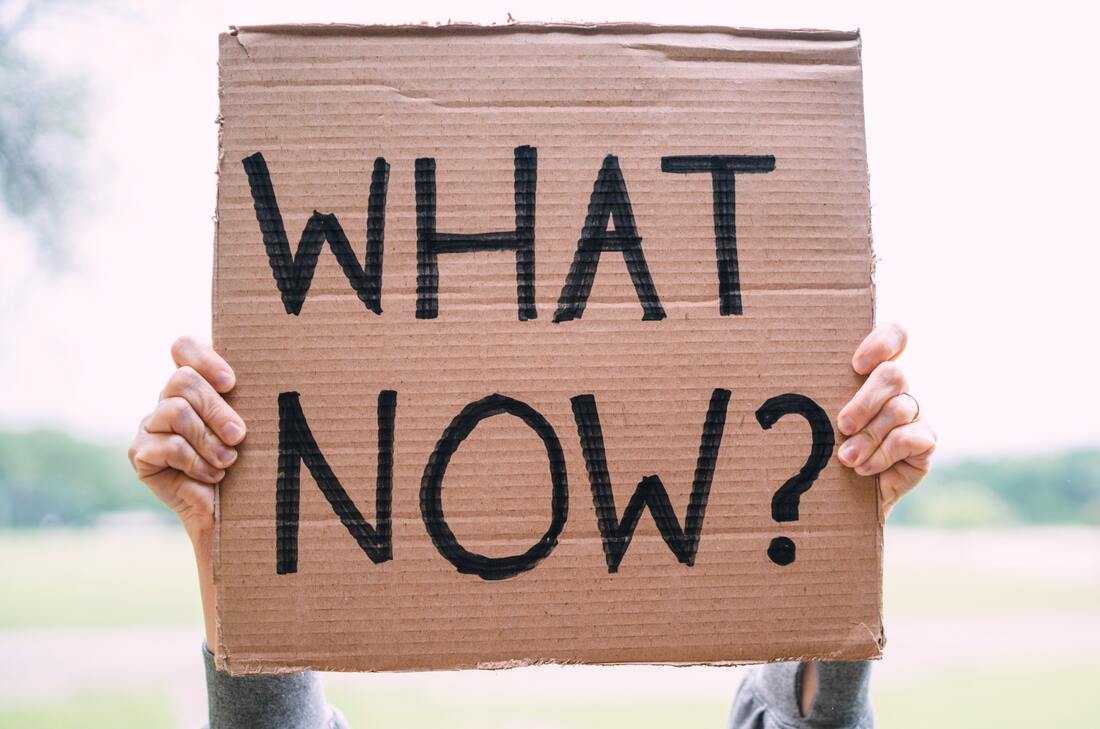

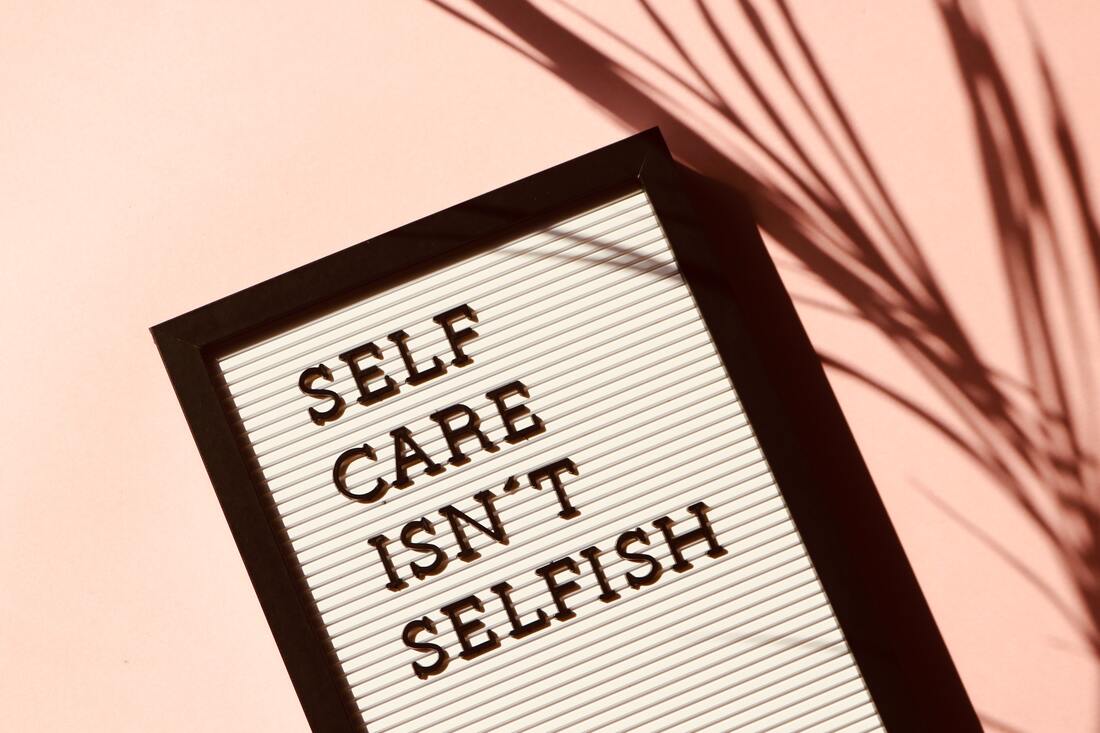






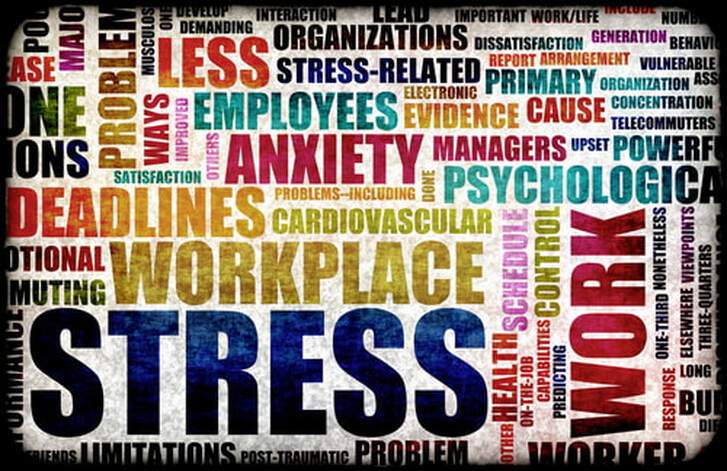
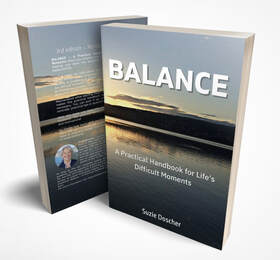


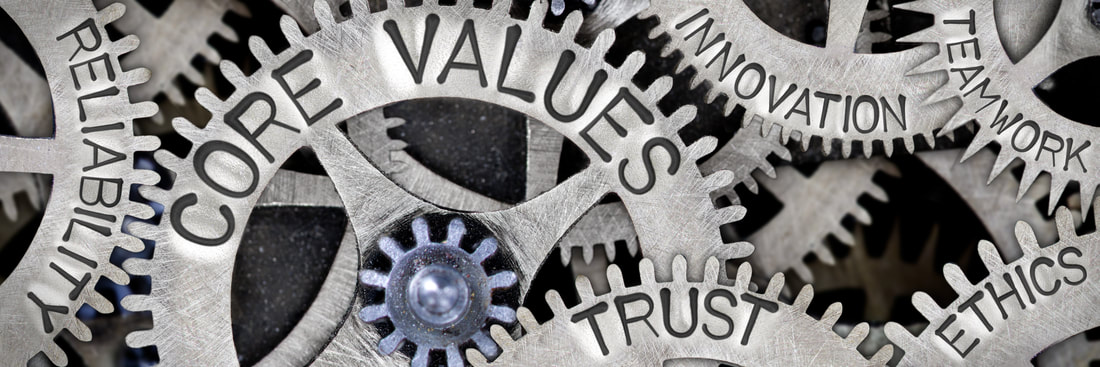





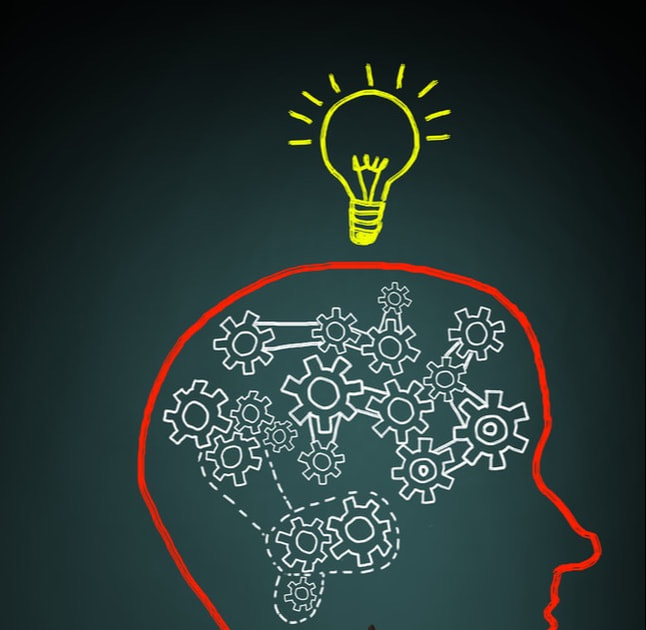
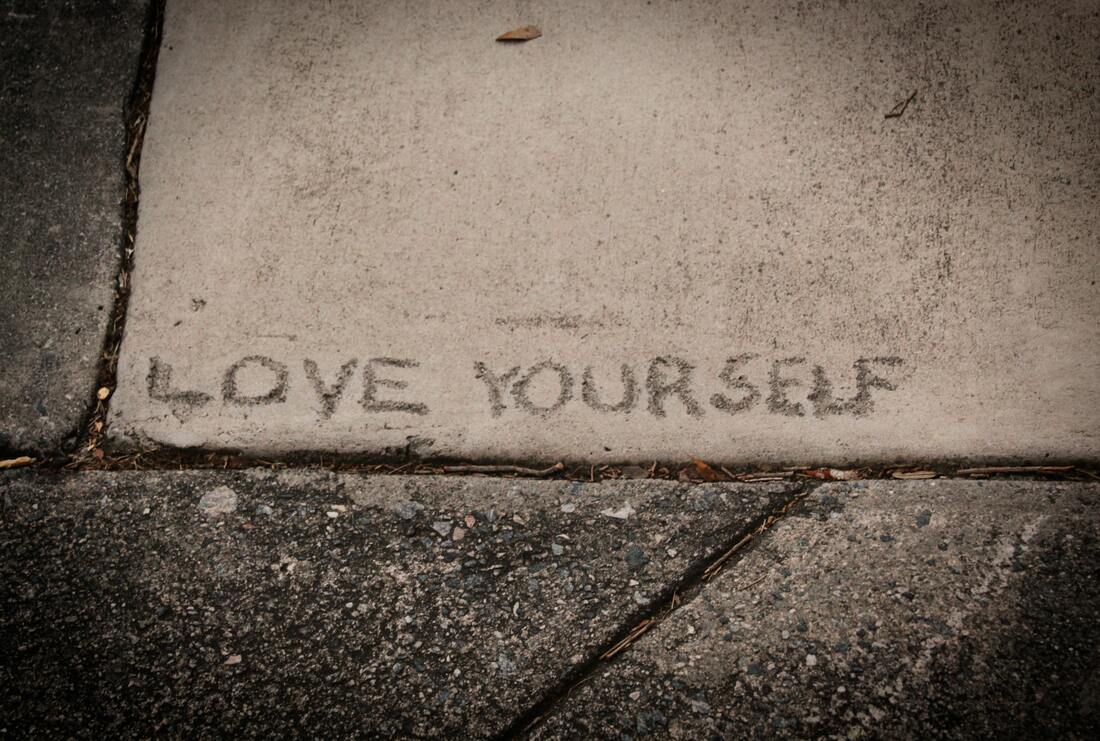
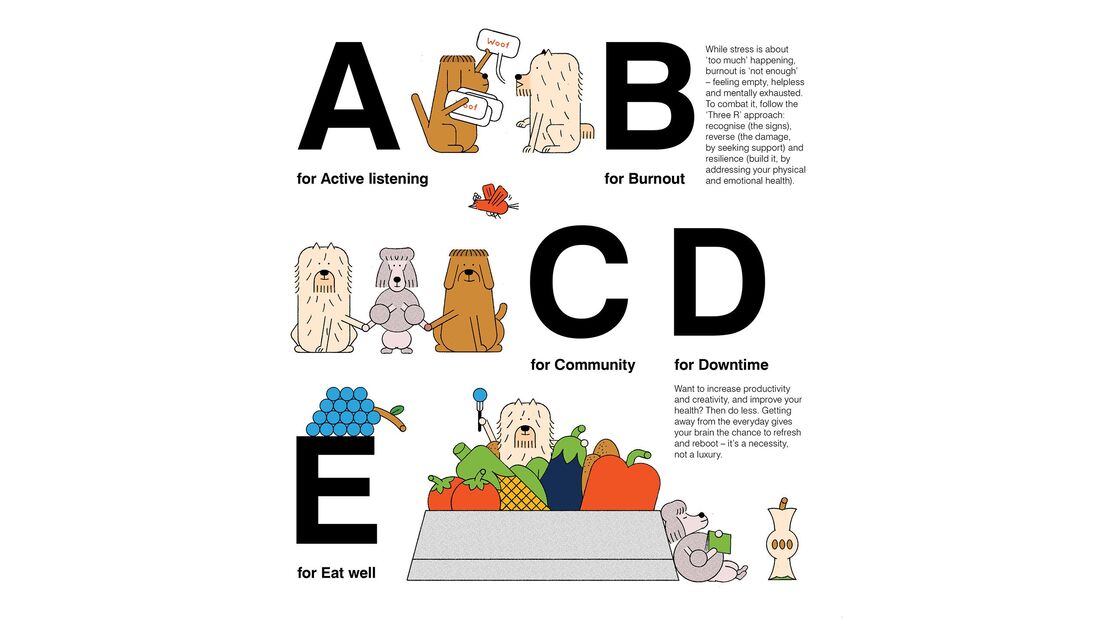
 RSS Feed
RSS Feed